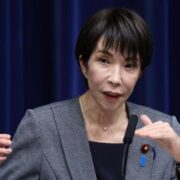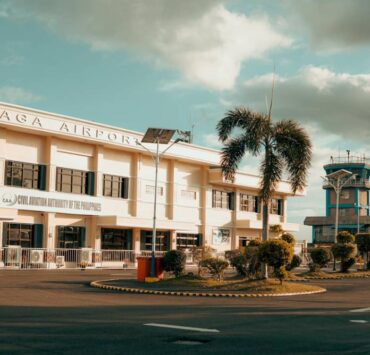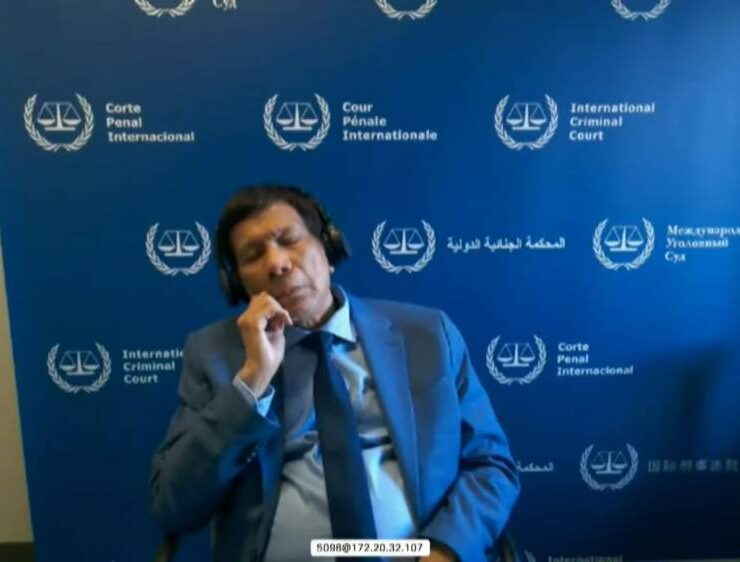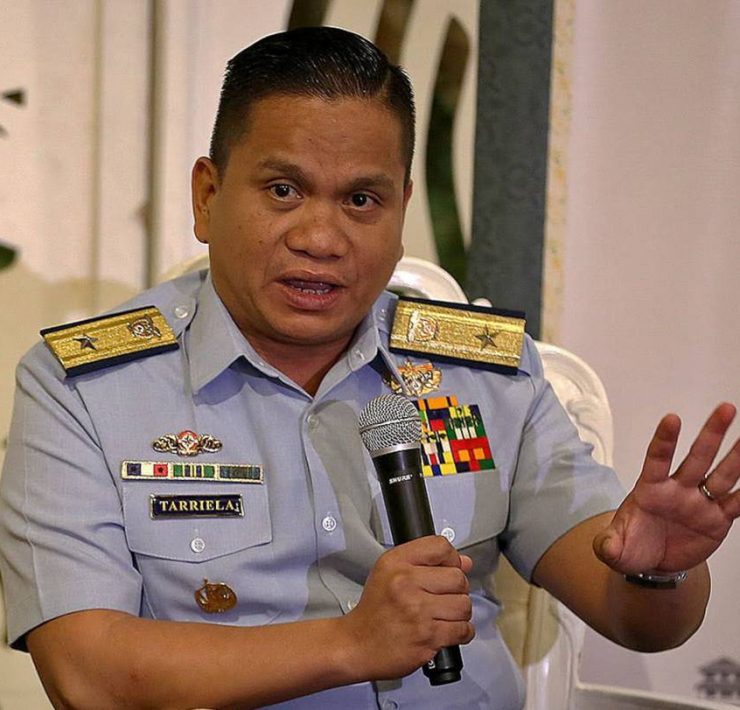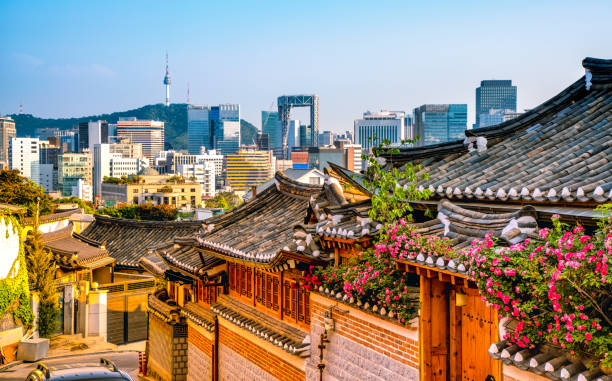Francis, 88: A Legacy of reform, humility, inclusion
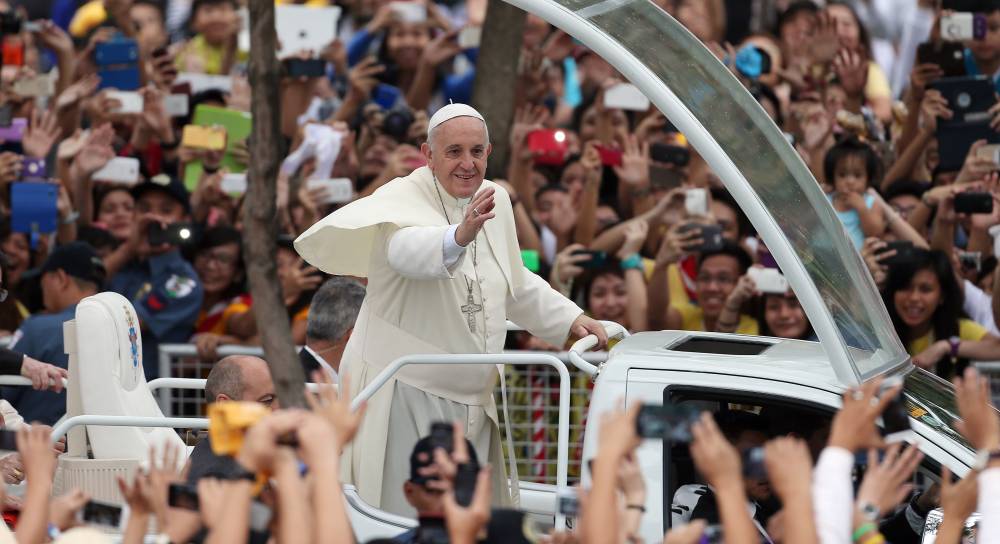
VATICAN CITY—Pope Francis’ death on Monday morning has ended an often turbulent reign marked by division and tension, as he sought to overhaul the hidebound institution that he led as its first Latin American leader.
Cardinal Kevin Farrell, the Vatican’s camerlengo tasked with verifying the Pope’s death, announced on the Vatican TV channel that “at 7:35 this morning the Bishop of Rome, Francis, returned to the house of the Father.” He was 88.
Francis was earlier confined for over a month at Rome’s Gemelli Hospital as he had a serious bout of double pneumonia.
The Pope’s death comes a day after he made his first prolonged public appearance since being discharged on March 23. On Easter Sunday, he entered St. Peter’s Square in an open-air popemobile shortly after midday, greeting cheering crowds.
Francis also offered a special blessing for the first time since Christmas.
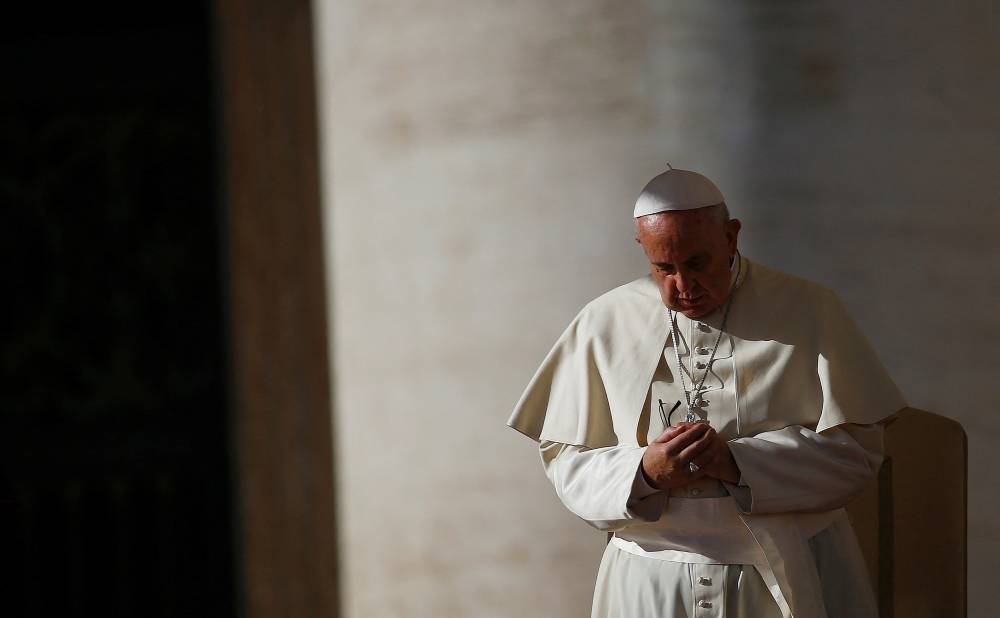
Leaders across the world reacted to the Pope’s death with praise for his efforts to reform the Church and condolences to the world’s 1.4 billion Catholics.
Italian Prime Minister Giorgia Meloni called Francis “a great shepherd.”
Britain’s King Charles, who met with the Pope only two weeks ago on April 9, noted the Pope’s “tireless commitment to the common causes of all people of faith and to those of goodwill who work for the benefit of others.”
President Marcos said “Pope Francis led not only with wisdom but with a heart open to all, especially the poor and the forgotten.”
Speaker Martin Romualdez remembered when the Pope visited his home province of Leyte which was hit by Supertyphoon “Yolanda” (international name: Haiyan) in 2013.
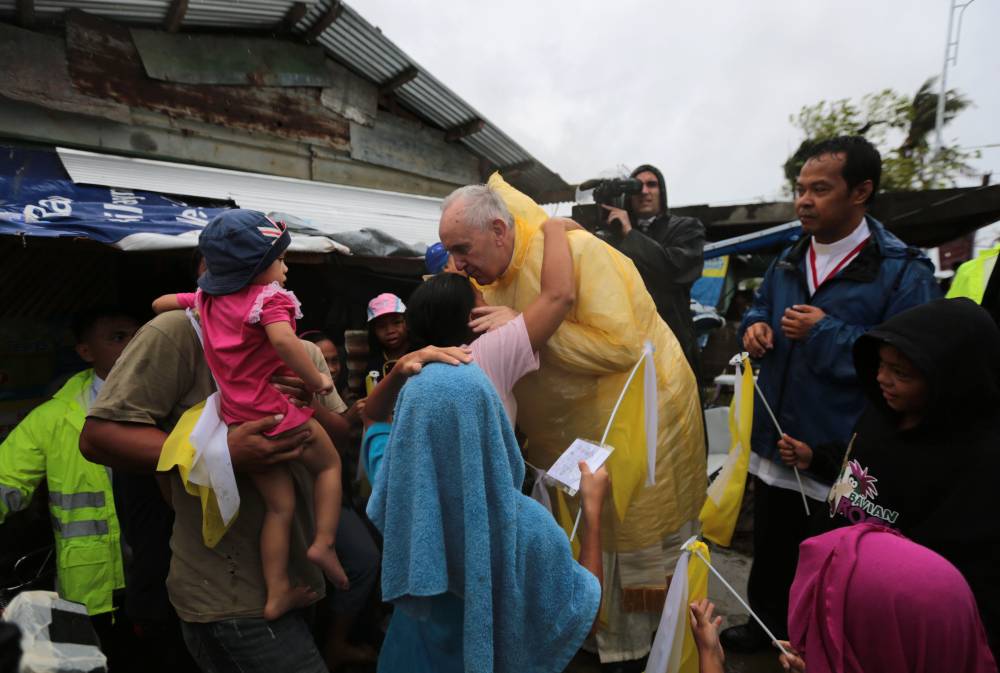
“His presence alone gave us strength. His words reminded us that even in loss, we were not alone,” Romualdez said, while senators on Monday joined Roman Catholics around the world in mourning the passing of Francis.
Jorge Mario Bergoglio was elected pope on March 13, 2013, surprising many Church watchers who had seen the Argentine cleric, known for his concern for the poor, as an outsider.
He inherited a Church under attack over a child sex abuse scandal and torn by infighting in the Vatican bureaucracy, and was elected with a clear mandate to restore order.
The conservative-progressive gap became a chasm after Francis, from Argentina, was elected the first non-European Pope in 1,300 years.
But as his papacy progressed, he faced fierce criticism from conservatives, who accused him of trashing cherished traditions. He also drew the ire of progressives, who felt he should have done much more to reshape the 2,000-year-old Church.
While he struggled with internal dissent, Francis became a global superstar, drawing huge crowds on his many foreign travels as he tirelessly promoted interfaith dialogue and peace—taking the side of the marginalized, such as migrants.
Unique in modern times, there were two men wearing white in the Vatican for much of Francis’ rule, with his predecessor Benedict XVI opting to continue to live in the Holy See after his shock resignation in 2013 had opened the way for a new pontiff.
Benedict, a hero of the conservative cause, died in December 2022.
More moderate successor
Francis appointed nearly 80 percent of the cardinal electors who will choose the next pope, increasing, but not guaranteeing, the possibility that his successor will continue his progressive policies.
Yet some Vatican experts predict a more moderate, less divisive successor.
Still, under his watch, an overhauled Vatican constitution allowed any baptized lay Catholic, including women, to head most departments in the Catholic Church’s central administration.
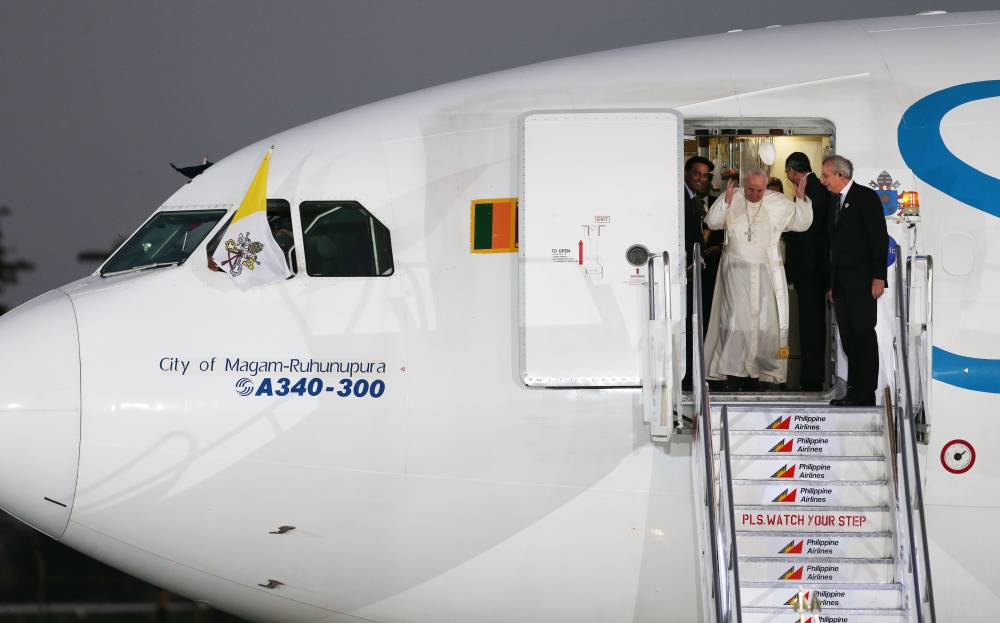
He put more women in senior Vatican roles than any previous pope but not as many as progressives wanted.
Conservatives were unhappy with the Pope from the start because of his informal style, his aversion to pomp and his decision to allow women and Muslims to take part in a Holy Thursday ritual that previously had been restricted to Catholic men.
They balked at his calls for the Church to be more welcoming to LGBTQ+ people, his approval of conditional blessings for same-sex couples in December 2023 and his repeated clampdowns on the use of the traditional Latin Mass. He said conservatives had made themselves self-referential and wanted to encase Catholicism in a “suit of armor.”
Nevertheless Francis endeared himself to millions with his simplicity. Inside the tiny city-state, where some cardinals lived like princes in frescoed apartments, Francis renounced the spacious papal apartments in the Apostolic Palace and never moved out of the Vatican hotel where he and the other cardinals who entered the conclave of 2013 were billeted in simple rooms.
The first Pope from Latin America and the first Jesuit to hold the post, he took the name Francis in honor of Francis of Assisi, the saint associated with peace, concern for the poor, and respect for the environment. —WITH REPORTS FROM THE INQUIRER STAFF
Reuters, the news and media division of Thomson Reuters, is the world’s largest multimedia news provider, reaching billions of people worldwide every day. Reuters provides business, financial, national and international news to professionals via desktop terminals, the world's media organizations, industry events and directly to consumers.













